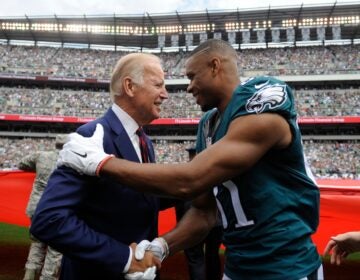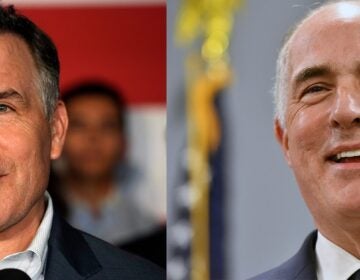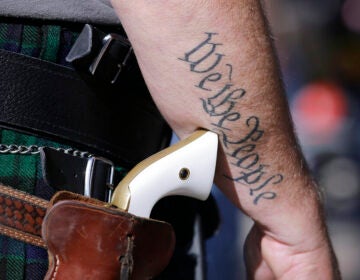Baby boomers and the 1960’s
I’ve been considering whether to attend my college reunion later this year, which got me thinking about what I might still have in common with my college classmates from 40 years ago. (My college is hosting a cluster reunion for the classes of 1970, 1971, and 1972.)
I was an undergraduate at Oberlin, a small liberal arts college in Ohio, from 1966 to 1970. My classmates and I had grown up in the complacent, conformist, and confident 1950’s. In an earlier blog I described the decade from the end of the Korean War in 1953 to the assassination of President Kennedy in 1963, as an abnormally optimistic time for Americans, with rising living standards and expectations, a growing economy, and a relatively peaceful world despite Cold War rivalry.
Our high school years in the early 1960’s had been disturbed by the discovery that not all Americans shared in the good times. The Civil Rights movement seemed to explode throughout the South, exposing the system of legalized segregation and racism enforced through violence, murder, and torture. The concluding words of our daily pledge of allegiance, “with liberty and justice for all,” suddenly seemed, if not an outright lie, at least highly questionable.
The assassination of President Kennedy was so shocking as to be incomprehensible. How could this happen? What kind of country was this really that we were living in? The early U.S. military intervention in Vietnam seemed ominous.
Registration for the draft at age 18 was not a mere formality. Military conscription was routinely practiced throughout the 1950’s, and the sending of draftees to Vietnam beginning in 1965, made the draft a serious concern for the male members of my college class. Old enough to fight, but not old enough to vote. Most states allowed voting only at age 21.
Everyone in my college class had high school classmates or friends who ended up in Vietnam. We paid attention to the rising casualties and deaths there, both military and civilian. We tried to figure out what the war was all about. Why were we there? Was our government telling us the truth?
Skepticism about the war led to skepticism about everything. If the government was lying to us about the war, and lying about “liberty and justice for all”, maybe other things we had been taught were also lies. Maybe communism was not the threat it was made out to be. Maybe recreational drugs were not as dangerous as we had been told.
I think that many in my college class came to realize that our government was fully capable of lying to us, always claiming to be winning when it appeared that we were losing, denying or minimizing civilian casualties, citing rising “body count” as proof of “light at the end of the tunnel.” And I think at some level we made the connection that electing bad government leaders led directly to bad government policies.
Maybe there’s a connection between the extremely passionate and polarized politics of today, and the experience of my college classmates 40 years ago.
My class graduated to an uncertain future in 1970, as the war expanded into Cambodia, as protesting students were shot to death by the Ohio National Guard at nearby Kent State University, and as the U.S. government seemed committed to prosecuting the war through increased conscription and heavier bombing. The war seemed unstoppable.
And yet here we are 40 years later, each having found our own way forward. How did we get here? Maybe I will go to that reunion.
WHYY is your source for fact-based, in-depth journalism and information. As a nonprofit organization, we rely on financial support from readers like you. Please give today.




